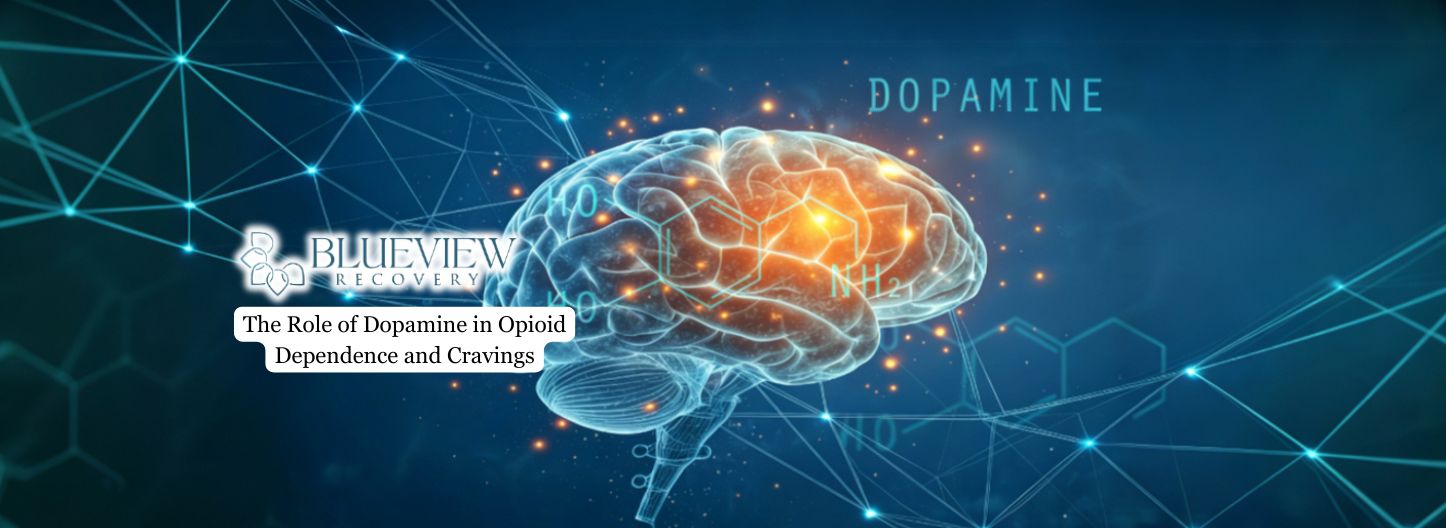Overcoming addiction is a transformative process that demands ongoing emotional, mental, and physical effort. Yet, it often brings new challenges that test patience and resilience. Emotional tension and pressure are among the most common triggers for relapse and can make progress harder if not handled well. Whether it stems from daily responsibilities, personal relationships, or fear of relapse, learning to manage these pressures is essential for stability and balance.
This article explores practical ways to recognize, reduce, and cope with everyday pressures during the healing process, helping individuals stay focused on long-term wellness.

Identifying Common Sources of Stress
Tension during recovery doesn’t come from one source. It’s often a mix of internal and external factors. Internally, people may feel guilt, shame, or fear of the future. Externally, responsibilities like finances, work, and rebuilding trust with loved ones can add to the weight. Each of these elements can create feelings of overwhelm or self-doubt, especially in early recovery when emotional regulation is still developing.
Taking time to identify personal triggers is an important first step in managing them effectively. Journaling, therapy sessions, or mindfulness practice can help uncover recurring patterns and intense reactions.
Developing Healthy Coping Mechanisms
Replacing harmful habits with sustainable, positive ones is key to balance. Physical activity, mindfulness, and creative outlets all help calm the mind and improve well-being. Exercise releases endorphins, promoting a sense of calm and accomplishment.
Practices such as deep breathing, yoga, or meditation ease anxiety and help individuals stay present. Nutrition and quality sleep also play vital roles in mental health. Balanced meals and proper rest strengthen the body’s ability to manage daily demands. These healthy coping habits build resilience, making it easier to handle challenges without returning to old behaviors.
Building a Strong Support Network
Surrounding oneself with understanding, trustworthy people provides both comfort and accountability. This network can include family, sober peers, sponsors, or counselors. Talking about difficult emotions or frustrations helps reduce internal pressure and prevents isolation.
Support groups and therapy sessions also remind participants that others share similar struggles and that healing is a shared journey. Building and maintaining these relationships takes time, but they offer strength and encouragement when challenges arise. Attending group meetings or staying in touch with a sponsor keeps motivation and goals in focus.

Practicing Emotional Awareness and Self-Reflection
Developing emotional awareness allows people to respond thoughtfully rather than react impulsively to tension. In early recovery, emotions can feel heightened as the body and mind adapt to life without substances. Learning to recognize feelings of anger, sadness, or anxiety without judgment is crucial. Journaling, meditation, or mindfulness exercises can improve clarity and self-awareness, helping people process emotions in healthy ways.
Self-reflection also strengthens problem-solving skills by encouraging individuals to pause, assess, and respond constructively to challenges. Emotional intelligence grows, improving communication and self-control, which supports a more confident and grounded lifestyle.
Seeking Professional Guidance When Needed
Professional help can make a significant difference when emotions become overwhelming. Therapists, counselors, and addiction specialists offer tools to identify root causes and develop healthier coping strategies. Evidence-based therapies such as Cognitive Behavioral Therapy (CBT) and Dialectical Behavior Therapy (DBT) teach effective ways to reframe negative thoughts and manage triggers.
Sometimes, these challenges are linked to co-occurring mental health conditions like anxiety or depression. Addressing these through therapy or dual diagnosis programs promotes whole-person healing. Combining professional care, such as an outpatient treatment program, with ongoing peer support and holistic practices such as yoga or meditation helps maintain balance throughout the healing journey.
Final Thoughts from Blueview Recovery
Effectively managing emotional tension is a key part of maintaining lasting sobriety. It allows individuals to face life’s challenges with resilience and confidence while reducing the risk of setbacks. Building healthy routines, staying mindful, and nurturing meaningful connections also allows those on their journey to a substance-free life to achieve long-term wellness.
At Blueview Recovery, we recognize how these challenges can influence each stage of healing. Our outpatient treatment programs in Philadelphia, PA, provide support to help clients manage emotional strain in healthy, practical ways. Through compassionate care and proven techniques, Blueview Recovery equips individuals with the tools to sustain balance and embrace a fulfilling life free from addiction.





